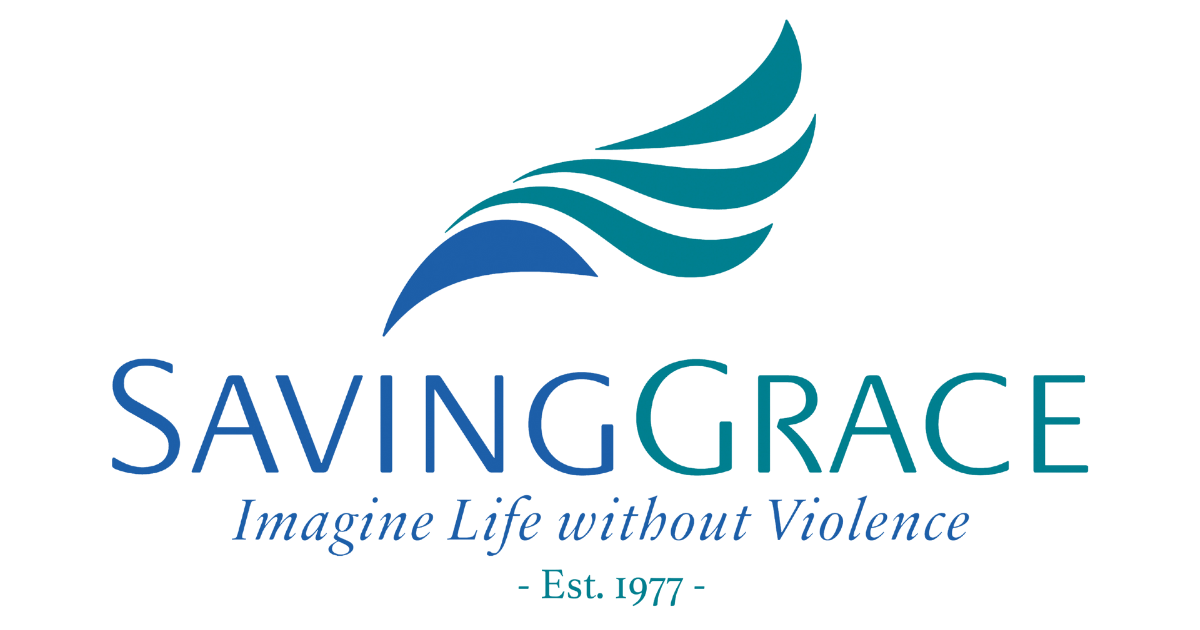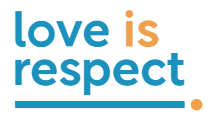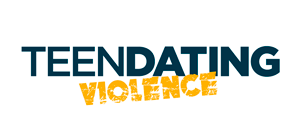24 Hour Helpline: 541-389-7021

Teen Dating Violence
You Are Worthy
•
You Are Loved
•
You Deserve Respect
•
You Are Worthy • You Are Loved • You Deserve Respect •
If you’re a teen and you’re unsure that your relationship is healthy, we can help! Our free, confidential 24-hour, 365 days a year helpline can be reached at 541-389-7021.
Teen dating violence refers to the physical, emotional, or sexual abuse that occurs within a romantic or intimate relationship among teenagers. It can take many forms, including verbal insults, controlling behaviors, isolation from friends and family, physical harm, and digital abuse. Recognizing these warning signs is crucial in promoting a safe and respectful dating environment for all teenagers.
What are the signs of an unhealthy relationship?
-
Controlling what another does, talks to, sees, reads, where they go. Using jealousy to justify actions.
-
Threatening to expose weakness or spread rumors. Telling lies. Forcing a partner to participate in something they don't want to do.
-
Put downs, name calling, mind games, guilt tripping, humiliation.
-
Making all the decisions, treating your partner like a servant, defining men’s and women’s roles.
-
Making someone afraid by using looks, actions, gestures. Smashing things, destroying property, abusing pets, displaying weapons.
-
Not taking concerns seriously. Making light of abuse. Saying abuse didn't happen. Shifting responsibility of abuse.
-
Making threats to hurt partner or oneself, threatening to leave, forcing illegal activity.
-
Manipulating or making threats to get sex, forcing pregnancy, giving drugs and/or alcohol to get sex.
What are the signs of a healthy relationship?
-
Taking mutual responsibility for recognizing influence on the relationship. Making decisions together.
-
Seeking mutually satisfying resolutions to conflict. Accepting changes and being willing to compromise.
-
Listening nonjudgmentally, valuing your partner’s opinion. Being understanding and emotionally affirming.
-
Talking, acting, and expressing ourselves in safe and comfortable ways.
-
Supporting your partner’s goals. Respecting your partners rights to their own feelings, activities, friends and opinions.
-
Accepting responsibility for self. Admitting to being wrong. Communicating truthfully and openly.
-
Willingness to have balanced, open and spontaneous dialogue. Problem solving for mutual benefit.
-
Respecting your partner’s personal identity and encouraging personal growth and freedom. Supporting your partners security in their own worth.
How do I talk to my teen about TDV?
-
Find a time when both you and your teenager are calm and available to have an uninterrupted conversation. Avoid discussing this topic during moments of conflict or when they are busy or distracted.
-
Begin the conversation by asking open-ended questions that encourage your teenager to share their thoughts and experiences. For example, you can ask, "What do you think makes a healthy and respectful relationship?"
-
Before talking to your teenager, educate yourself about teen dating violence. Familiarize yourself with warning signs, statistics, and available resources. This will enable you to provide accurate information and support during the conversation.
-
Approach the conversation with an open mind and refrain from being judgmental. Let your teenager know that you are there to listen and understand, regardless of what they disclose.
-
Share real-life stories or media examples that depict healthy and unhealthy relationships. This can help your teenager understand the dynamics of dating violence and recognize potential red flags.
-
Talk about the essential qualities of a healthy relationship, such as respect, trust, open communication, and equality. Emphasize the importance of consent and setting boundaries.
How do I help
a friend?
-
Talk In Private. Don't Tell Other People Without Your Friend's Permission.
-
Listen And Believe Your Friend. Acknowledge Feelings, And Let Your Friend Know They Are Not Alone.
-
Respect your friend's right to decide when they a re ready. Each of us is an expert on our own life.
-
Know the resources in your school and community. Is there a hotline? What legal, medical, or counseling options are available?
-
The Perpetrated Abuse Isn't Your Friend's Fault. No One Deserves To Be Abused.
-
What has your friend done in the past to keep safe from the abuse? Is it working? Do they have a safe place to escape to, if necessary?
Click to Enlarge
Signs of an Unhealthy Relationship
Signs of a Healthy Relationship
How to Help a Friend
Other Resources on Teen Dating Violence
These websites are great for learning more about Teen Dating Violence.
Help Us Spread the Word!
Share these posts on social media during the February, Teen Dating Violence Awareness Month!
#teendatingviolence #savinggrace




